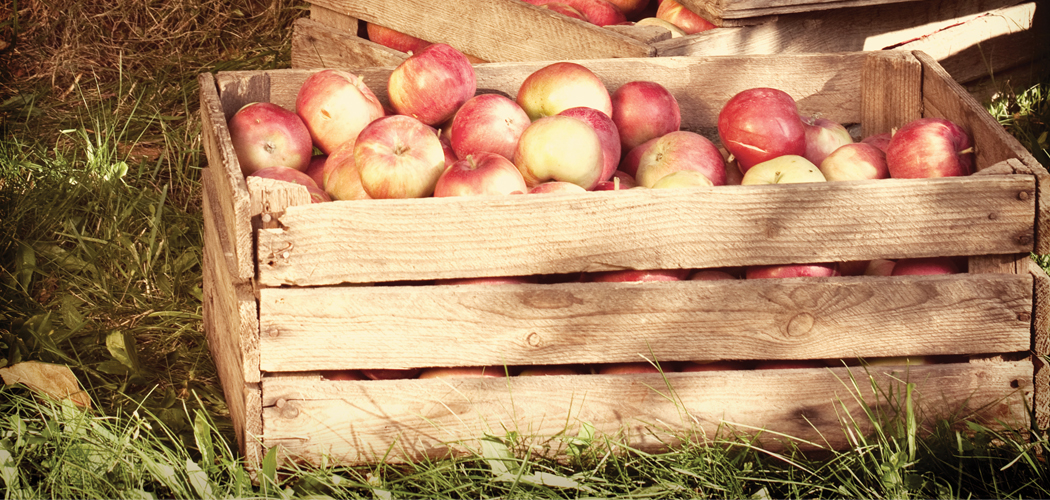[title subtitle=”fiction: Marla Cantrell
based on a true story”]
August 28, 1934
Dear Mrs. Roosevelt,
If the apple trees had blossomed this year I wouldn’t be writing to you today. But that did not happen, and it’s not likely to again in my lifetime without some kind of miracle. I will miss the sight of it, those pink flowers struggling free from their buds, first on top of the hill where the red hawks play, then on the ridge near the spring, and finally on the trees I can just barely see from my kitchen window. They looked like a great congregation to me, rising one pew after another, just waiting for the invitation so they could get right with God.
Oh my, I haven’t introduced myself. My name is Tibbedeau Frances Walker Monroe. Everyone I know calls me Doe. When I got married I tried to switch to Frances, so I wouldn’t be saddled with a name like Doe Monroe, but some folks around here thought I was putting on airs, and so I live with it, a name that rhymes, that falls off your tongue like a joke, even in the hard times, even when you’re beat down low from the long wait for a good harvest.
I spend my days working with my husband. At night I paint a little, a hobby I picked up in an earlier time when things weren’t so hard, when a girl could take lessons, could take a sketchbook and sit near a creek bank and spend hours considering how the light falls on rushing water, how it shimmies across the gray rocks below. But back to my husband, Garland. You would like him very much, I think. He is strong and true and kind.
As I said, I work alongside this man I married almost twenty years ago. It’s hard work, the kind that wears at your muscles and wearies your bones. Last spring we were hit hard with coddling moths, and we were spraying against them, Garland driving the mules and me in the very back of the wagon, standing on my tiptoes, guiding the hose to the tops of the apple trees. Garland can’t spray anymore; his nose bleeds something awful. He still does the mixing, though, adding arsenate at the very end, from a bottle the color of molasses. On a Thursday we worked the north orchard until the sun sank low and the sky turned gray.
I was black as a coal miner when we finished, covered up with that dope, and as tired as I think I’ve ever been.
When I got to the kitchen, I washed up. I could still taste the spray, like gunmetal and dandelion root. My fingers trembled, and then my legs and arms shook. A bright light sang from the open window, and then just as quick it looked like midnight. I woke up on the floor and I couldn’t see good for a while.
Doc Boyer looked me over the next day. I thought he might tell me I was going to die, but instead he took my hand and said, “Mrs. Monroe, you are suffering from nothing more than the natural process of becoming a mother.”
Can you imagine? There I was two months past my fortieth birthday, and for the first time in my life I was going to have a baby. Garland didn’t believe me for a while. And then he did believe me and he said, “Well, I’ll be damned.” I can’t explain it, but it didn’t sound a thing like swearing.
We’d just been scraping by for years when the happy news came. The flood of ’31 hit us hard. We lost the chickens and most of our cows. We had neighbors, an old couple named the Harvells, who died crossing Turtle Creek, trying to make it to Sunday service. I cried for a week when I heard.
The next year, the drought came. The ground cracked, our new apple trees turned to sticks in the miserly ground. Corn stalks rattled in the field, the cows we had left lived on bitter weed, so their milk was no good.
And then the coddling moths showed up, and every year after our crops faltered a little more, so much so that we started selling our cattle, and finally we had to take out a loan at the bank so that we could make it to the next year, when we prayed and prayed for kinder weather, for stronger trees.
What a world it was to bring a baby into.
Still, Garland stood strong. I’m not a small woman, Mrs. Roosevelt, and stubborn, but he treated me as kindly as if I were a little child and couldn’t do for myself. I didn’t go out in the fields again, even though it was a great burden for Garland, who struggled alone. Instead I stayed inside, and took up my paintbrush again. Mostly I painted the orchards, the apples changing color, and the springtime when the lacey yarrow grows as tall as your waist along the fencerow.
When my labor started, he fetched my mama, and then he went ‘round telling the neighbors all up and down the ridge. I looked out my bedroom window that afternoon and there were at least a dozen of our friends outside, standing watch. A few of the ladies had brought fried chicken and biscuits. It was like they were at a picture show except the only thing to watch was my flowered bedroom curtains dancing a little bit when the wind picked up.
All day and night I struggled. My neighbors finally went home. I never hurt so much in all my days, but I kept thinking, There’s a baby at the end of all this trouble, and that’s what got me through.
We named her Gloria. She did not take one breath. We buried her the next day at noon and I could not leave the grave. Garland stayed with me, leaning up against an oak whose branches twitched in the hot breeze.
I will never have another child. Doc Boyer told me so with a grim face, looking like a banker who has to tell you he’s taking back your house.
Garland stowed away the cradle and the little clothes I’d made. In a month I was back in the fields. The apples from our older trees were coming on with a fury. We started picking on a Wednesday and by Sunday the packing shed was full. “We’re about to be in high cotton, Sweetie Pie,” Garland said, and the sound of his voice made me feel the same way you do when you see the first Easter flower pop through the cold old earth.
The wind rattling the windows was what woke me that night. Outside, lightning danced across the hills. Garland was already pulling on his overalls when the quiet came. “Oh Lawd,” he said, and pushed me into the hallway. The storm roared. The walls seemed to breathe, moving in and out, in and out, our house becoming a living thing.
I thought we would die.
But we did not die. We lit a lantern and walked to the porch. The shed lay in splinters. Apples, small and large, bobbed in the murky puddles. We knew we were in a sorry state, but it wasn’t until the sun came up that we saw the trees. It looked as if a giant had reached down and pulled them from the earth, like you do the carrots in the fall.
Garland shook his head. He wrung his calloused hands. “It don’t make sense,” he said. “It just don’t make sense.” He said it again and again, until I thought he’d never stop saying it. I led him back inside. He sat at the kitchen table while I made coffee. His eyes looked as empty as burnt holes in a blanket, and his hands shook when I handed him the cup.
A great grief washed over him. He’s been low sick ever since. He stays in his bed most days. I take him food and he says, “Just pull the door to and leave me be.”
But I can’t let him be. I think of you and how you must comfort the President, how in those dark times when the country is suffering, you must know just what to say. I think about how you lost your own baby, and I believe you might know the sorrow I’m feeling right now.
You must be thinking: What does this woman want? Why is she writing to me? And I must admit I do want something. Not money or a handout. I know my story is not the saddest one you’ve heard, and I hope I don’t sound like a complaining woman who can’t pull herself back up after a fall. As I mentioned before, I do a little painting now and again. When I was a girl I took lessons from a man who studied in Paris, France, and then came back to our little town in Arkansas and opened a school. For a time, when there was money in everybody’s pocket, I sold a few landscapes to my neighbors. I’m not good enough to be in a museum, I know that, but I did hope that I might send you a few of my best pieces, and maybe you’d know of someone who could tell you if they would be worth anything.
Dear Mrs. Roosevelt, I hope I haven’t asked too much. I know in my heart that if it was me taken to my bed, Garland would do whatever he could to pull me back up with the living. If we can only find a little respite, a small time to recover, perhaps we can resurrect this lovely piece of land we saved for so long and worked for so hard. Perhaps one day the apples could come back, and the hills could sing when the breeze blows by and causes the blossoms to dance. Perhaps every good thing could return to this land that we love so much.
God bless you for listening. And please tell the President how much I admire him, and that I remember him always in my nightly prayers. I pray for you as well, Mrs. Roosevelt. Oh, how I pray for you!
Very truly yours,
Tibbedeau Frances Walker Monroe




